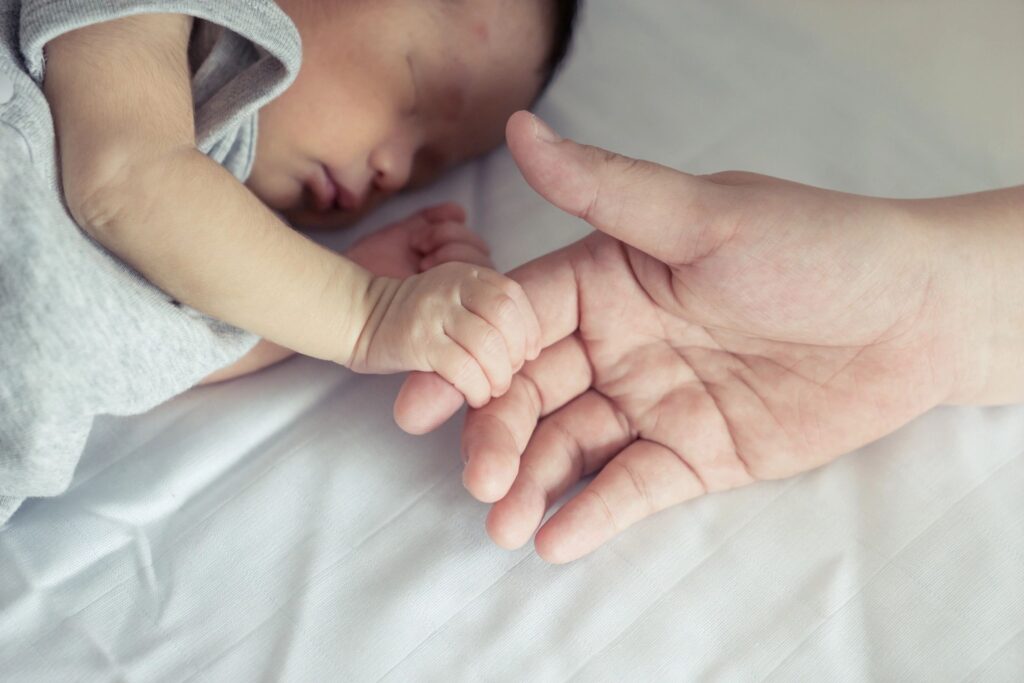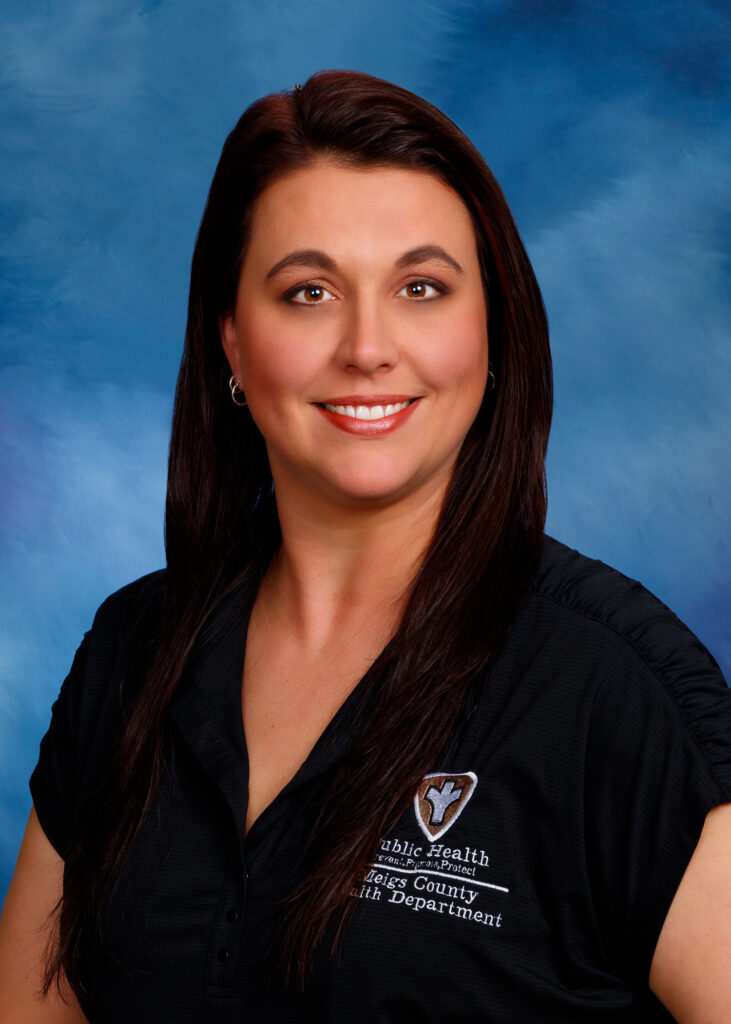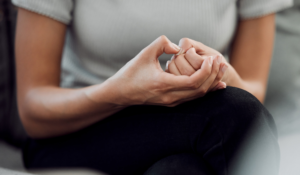Baby Sleep Day


Baby Sleep Day
Sleep. We all need it, young and old. Quality sleep is so important to the well-being of both our mind and body. Some people need several hours a night, while others can function well on less. Babies and children are growing so much during the first years of life. Their brains are constantly processing new information, so one can see why quality sleep for their little bodies and brains to rest and recover is especially important for kids.
Baby Sleep Day is March 1st, just before the National Sleep Awareness Week. It is a day to help bring attention to the importance of a good night’s sleep for every young child as well as family members in general. When youngsters sleep well, parents and caregivers get better rest too, so starting some of these habits at a young age is important.
But it’s not always an easy thing, and it’s not always an exact science, which can be frustrating. It seems like some kids are just naturally ‘good sleepers’, while others are not. Some take several short naps during the day, while others don’t. Being ‘over-tired’ can cause irritability, over-activity, difficulty paying attention, and just overall bad mood. While us grownups might feel sleepy and groggy if we don’t sleep well, little ones usually become irritable or hyperactive.
A calm and consistent bedtime routine for babies and little ones can be a few simple activities that are the same each night. This can help signal their brain that it’s nearing sleep-time: taking a bath, putting on clean jammies and diaper, singing songs, and reading stories (which is very important for so many more things than just sleep!). As a child gets older, the types of activities (such as the style of book) will change, but the idea of a ‘routine’ doesn’t. A healthy bed-time routine is something that should last into adulthood!
Comfort is important for little ones, but safety comes first! What does safe sleeping look like for babies under a year old? The safest place for a baby to sleep is on their own flat, safe, separate sleep space, such as a crib or bassinet, next to the caregiver but not in the same bed. No extra bedding like loose blankets or pillows should be in a young baby’s crib. A sleep-sack can be useful if a parent is concerned about keeping baby covered and warm enough. Babies should not wear any head covering while sleeping, as this can cause overheating. Babies should always be placed on their back to sleep, room temperature not too hot or cold (about 65 degrees), in a smoke-free room with good air flow.
In today’s world, stopping screen-time at least 1 hour before sleep-time is also very important. While the recommendations for this vary by age—for example, infants shouldn’t really have any screen-time, while an older child may watch shows or play games on a device—the idea is still the same. Even for adults.
So how much sleep should our kids be getting? The American Academy of Pediatrics recommends infants under one year=12-16 hours; kids one to two years old= 11-14 hours; kids three to five years old= 10-13 hours; kids six to 12 years old= 9-12 hours; and teenagers 13 to 18 years old= 8-10 hours.
For more information, visit the Pediatric Sleep Council’s website www.babysleep.com or the American Association of Pediatrics Safe Sleep Recommendations at www.aap.org

Juli Simpson, RN, BSN, LSN
Maternal & Child Health, Program Director
Meigs County Health Department






